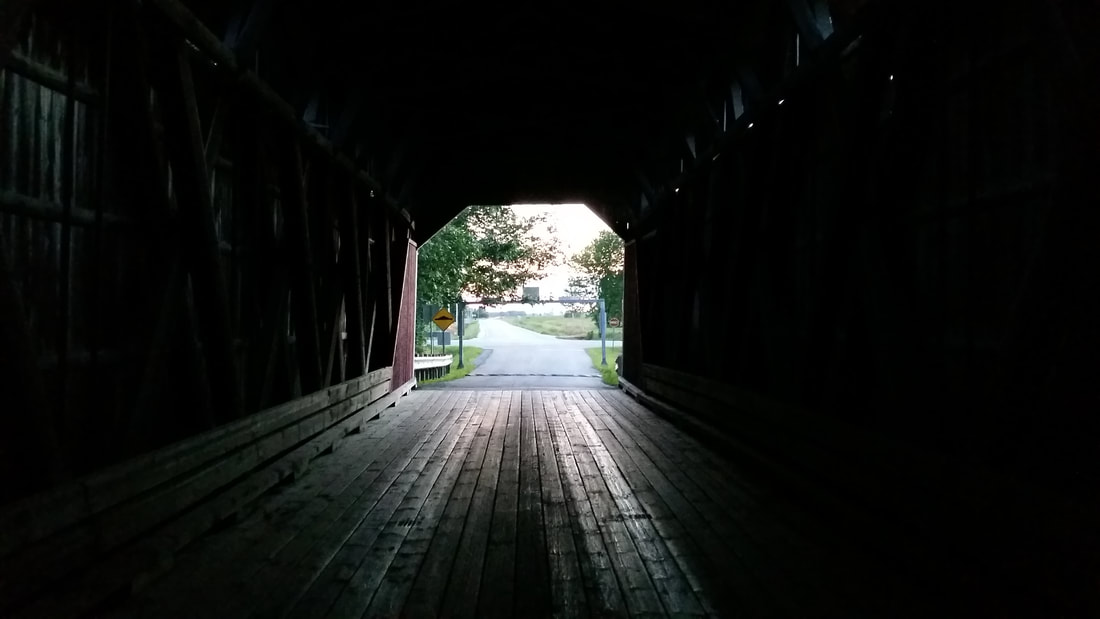|
The fire crackles. He’s sitting at the perfect distance where he can barely feel the heat, so that he is reminded of it every few seconds, every time it momentarily builds up, enveloping him. It’s only when it makes a sound, when a flame breaks a piece of the wood that he looks up and observes the fire for a moment. He always found beauty in anything that refuses to remain still, in anything that refuses to be captured.
His left hand moves to the side blindly. It doesn’t need to see; it knows where it’s going. It makes this movement every night, gently moving until it feels the warm ceramic in its grasp. His hand has become the shape of a cup. There is even a space in between his pinky and his ring finger, where the handle rests where no ring ever has. He takes a sip of the soothing tea as his eyes travel from the fire to the book he is reading, each word waiting for him. The door is barely open when his dog runs out like it’s been locked inside all winter. Its long blond hair hovers a centimetre above its skin in its excitement. The dog always remains just on the periphery of the man’s vision, ready to jump on anything that moves. Even if it were to chase a rabbit, it would always find its way back to the man, back to its home. For the man, these walks are an excuse to get out of the house, to enjoy the nature that surrounds it, the nature inside him. When he looks at a tree, he sees a more timeless version of himself. For him, it’s like watching a movie where nothing happens, the best movie ever made. Every morning, he makes the same breakfast: an egg fried in the fat from the bacon he cooked in the same pan, toasts, and fruit preserves. In the summer, it’s fresh fruit. He makes a pot of coffee as soon as he wakes up, though he only ever drinks one cup with his breakfast. The rest of the pot is merely for the smell. When he’s done, he sits at his desk and writes. He writes about the places he’s never been, the things he’s never done, the people he’s never met, the emotions he’s never felt. When he’s done for the day, he takes the pages and places them in a box. The only label the box has is the year that the given pages were written. It’s as arbitrary a way of labeling work as any other, he feels. When he dies, they’ll find the boxes and do what they want with their content. He won’t care. He’ll be dead. When he can no longer write, he follows the river into town, where he buys the little he needs. The walk takes him about thirty minutes. There, he has the only human interaction he has, outside of books and music. In the evening, he listens to the radio. This is all he does. He sits in his armchair – he sometimes wishes he would never get out of it – and he listens. Sometimes, he closes his eyes so he can hear better. Other times, he walks around the room so that the music can become his body, can move through him. If his arms float away from his torso, it means he’s dancing. At night, he climbs into bed with his book. When all is quiet, he can hear the waterfall softly murmuring outside his window. It’s the white noise he needs to stave off the anxiety of silence. He reads until his eyes close. Only then does his dog jump on the bed and lie down on his feet, keeping them warm. One day, his dog runs off and does not come back. That night, when he goes to bed, he feels the ghost he saw when he was seven years old climb into bed with him. The next morning, he does not wake up.
0 Comments
Leave a Reply. |
Sylvain Verstricht
has an MA in Film Studies and works in contemporary dance. His fiction has appeared in Headlight Anthology, Cactus Heart, and Birkensnake. Archives
October 2023
Categories
All
|

 RSS Feed
RSS Feed